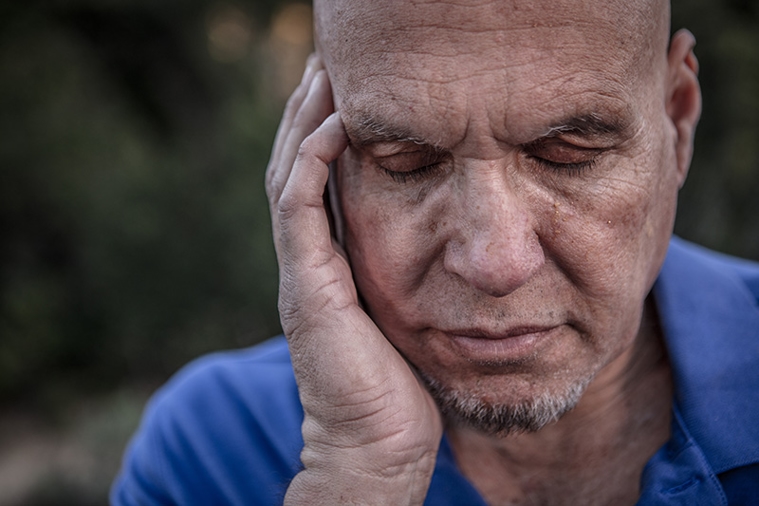How to navigate an emotional breakdown
Mar 18, 2020

Geny Zapata, Psy.D.
A mental health breakdown is most generally understood or described as an experience when someone is going through psychological distress that presents a few specific symptoms. Some of these include sadness, worry, intense stress, changes in eating and sleeping habits, wanting to withdraw from friends and family, and feeling overwhelmed.
It is crucial to identify and seek professional help to gain an understanding of what is causing or contributing to these feelings of mental distress. Some major life events can cause a person to feel this way, including chronic medical conditions, poor sleep, a traumatic event, a loss in the family, stress at work or financial issues.
What can be done for mental distress?
It is important to note that the experience of what some call a mental breakdown could be a sign of a mental health condition, underscoring a need to seek professional guidance. Some recommendations that can be helpful for people who find themselves experiencing intense psychological distress include:
- Seek the help of a mental health professional such as a psychologist, psychiatrist, licensed clinical social worker or licensed marriage and family therapist. Find a professional to talk to if you feel your symptoms are overwhelming, unmanageable or impacting your relationships, work or school.
- Get regular sleep every night. Experts recommend aiming for at least eight hours of sleep, and no fewer than six. Work on developing a sleep schedule that has a targeted bedtime and wake-up time. Prepare for your bedtime at least 30 minutes before going to sleep. Find a preparation bedtime routine that includes brushing your teeth, changing into your pajamas and turning off all electronic devices.
- Exercise at least three times a week for at least 30 minutes each time.
- Avoid substances that can increase stress on your body such as caffeine, alcohol or drugs.
- Incorporate relaxation techniques such as mindful meditation, deep breathing and guided imagery. There are many videos and resources online of guided exercises that will help orient you to the practice of these methods.
- Consider alternative methods of healing such as yoga, reiki, somatic therapy, acupuncture or massage.
- Talk to family, friends or anyone else that you trust. Let them know how you are feeling.
- If you are religious or spiritual, engage in your religious or spiritual community events. Talk to leaders in your spiritual community.
- In moments of intense stress, remember that you are not alone. Many people want to help if you are feeling overwhelmed. Give yourself the gift of talking to someone who you trust and letting someone help you.
Many who have experienced intense mental distress or a “mental breakdown” have called and received support from some of the below resources.
Mental Health Warm Lines for Mental Health Support and Guidance:
LA Warmline
- Tel: 855-952-9276 (daily, 10 p.m.-6 a.m.)
Suicide Crisis Line
- Tel: 877-727-4747 (24 hours)
ACCESS Center
- Tel: 800-854-7771 (24 hours)
Hotline of Southern California
- Tel: 562-596-5548 (daily, 9 a.m.-10 p.m.)
Community Helpline
- Tel: 877-541-2525 (daily, 9 a.m.-10 p.m.)
Project Return
- Tel: 888-448-9777 (Monday-Friday, 5-10 p.m.)
The NAMI (National Alliance for Mental Illness) Helpline
- info@nami.org | 800-950-NAMI (Monday-Friday, 10 a.m.-6 p.m. EST)
- Find help in a crisis by texting "NAMI" TO 741741


